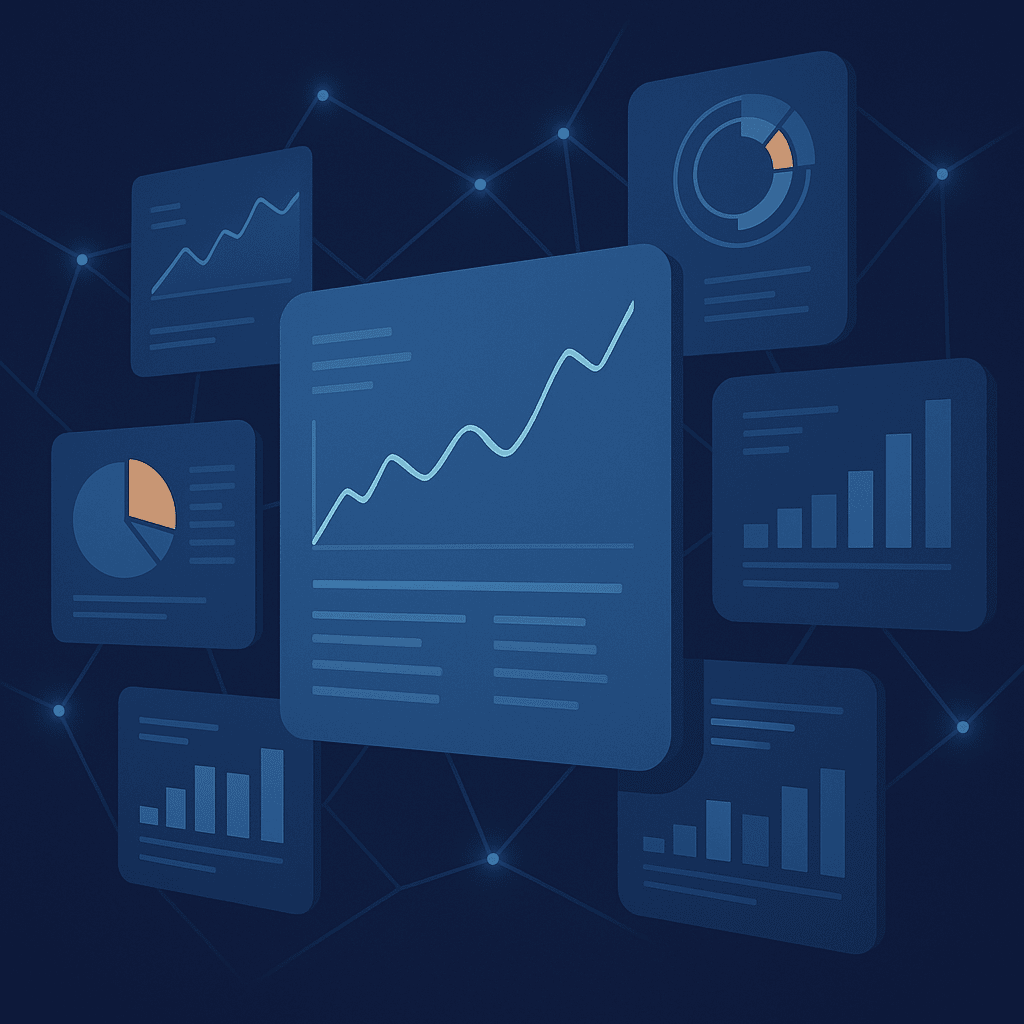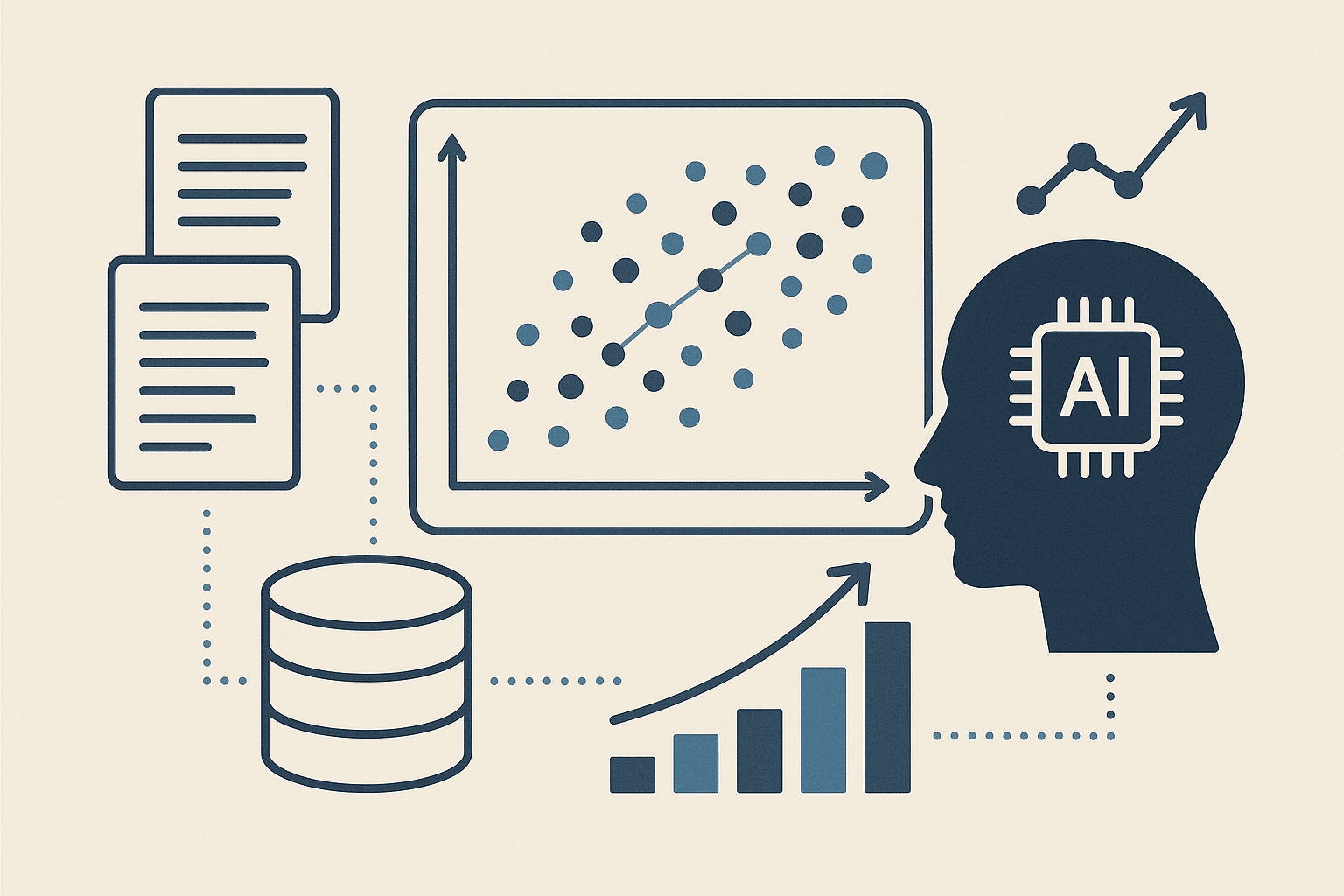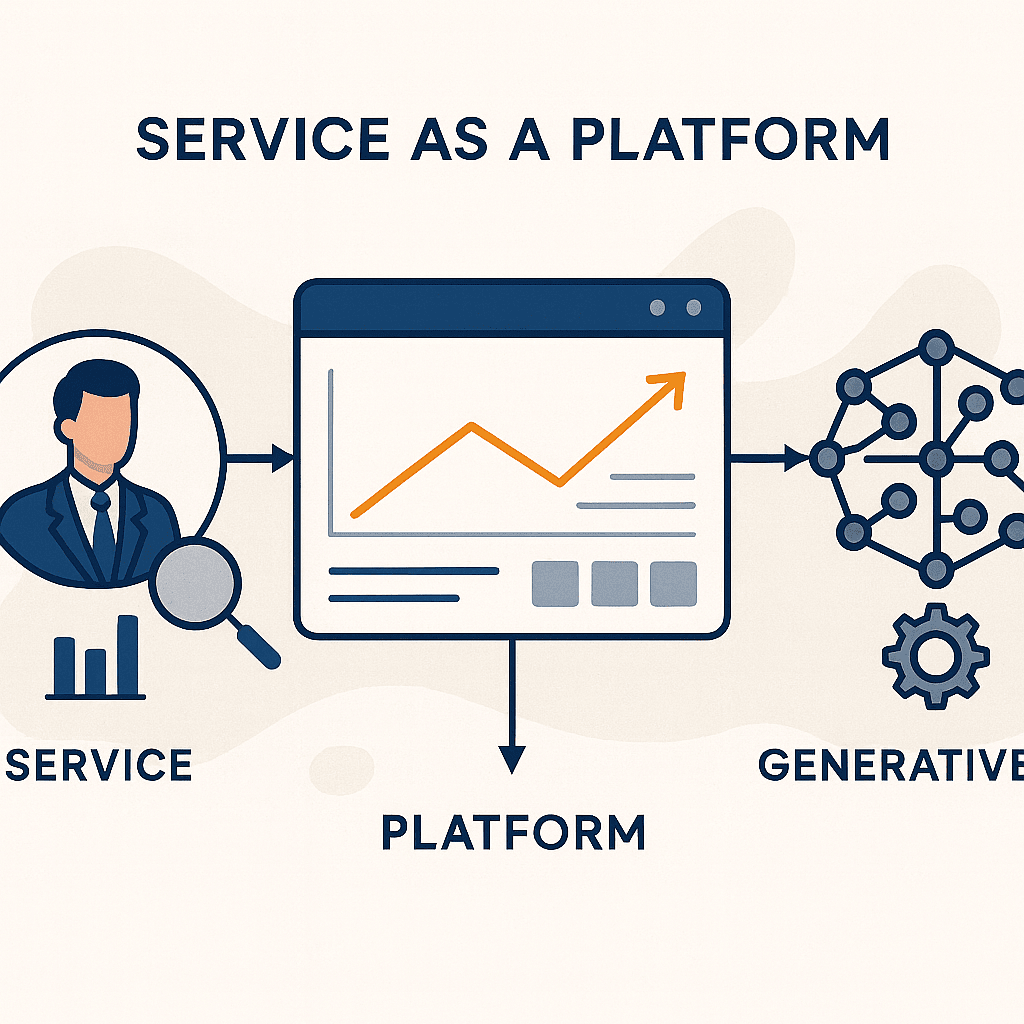
Choosing an AI agency is not an operational decision, but an act of governance. Behind each project is a central question: who will support your company in its digital transformation? More than a technological selection, it is a strategic choice. In this article, we explore the 7 fundamental questions to ask to identify an agency that can become a true partner, not just a supplier.

Businesses don't fail in their AI projects because of a lack of technology, but because of a lack of strategy, reliable data, and business adoption. This is where the AI agency comes in: a hybrid player, halfway between advice and execution, capable of transforming AI into operational and strategic leverage. Far from being a simple technical service provider, it is becoming a true Chief AI Partner, guiding the maturity of organizations and shaping the governance of tomorrow's AI. An article that dissects this new model, explores its future in the face of consulting firms, and proposes a concrete framework for choosing an AI agency.

Businesses have never had so much data. However, decisions have never seemed so complex. Why? Because the numbers remain isolated, devoid of context. From retail to real estate, the observation is the same: raw data is no longer enough. AI is changing that equation.

Most businesses only use 20% of their data, which is structured and easy to analyze. The remaining 80% — emails, PDFs, support tickets, customer feedback — are sleeping due to a lack of appropriate tools. AI is changing the game: thanks to embeddings, it becomes possible to link this unstructured data to your business indicators (sales, satisfaction, churn). As a result, your dashboards no longer only show what's going on, but finally reveal why it's happening.

SaaS is too rigid, the service too ephemeral. Between the two, a new model is needed: Service as a Platform. Powered by generative AI, it combines human expertise to understand business challenges and an evolving platform to restore, capitalize and create sustainable value. Discover why this model is already transforming retail, logistics, finance, industry, and real estate.